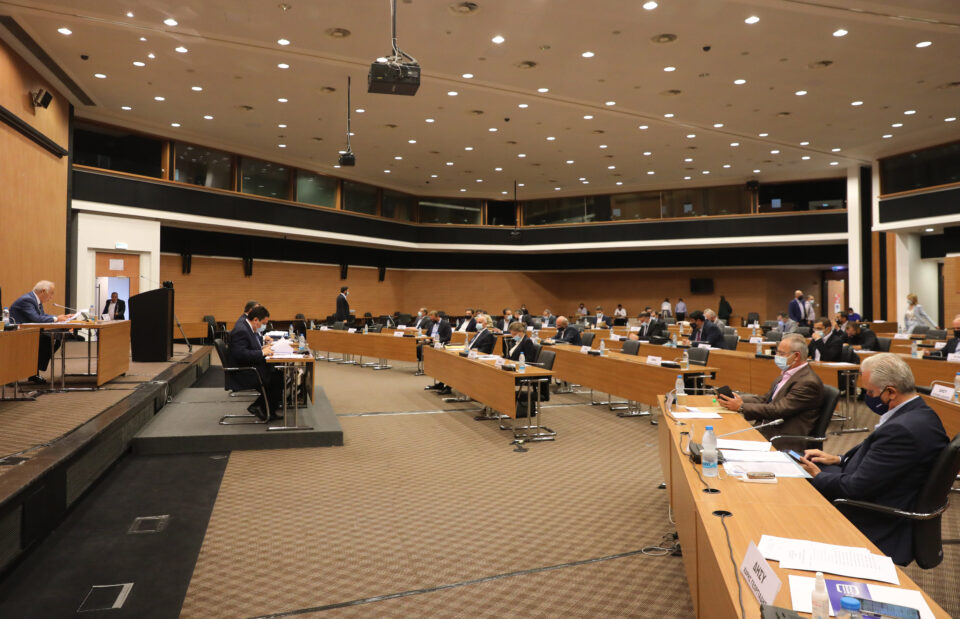I am reverting on the subject of my article of last Sunday because it is an issue of the highest national importance.
As I have already explained in the past, “pothen esches” (“where have the funds come from?”) obeys the following mathematical equation:
Increase or decrease in the net assets of a politically exposed person (PEP) within a given calendar year
= declared income, reduced by the family expenses incurred in that year
Obviously, to satisfy the equation one must set out and correctly quantify all the factors which form part of the equation. The omission of one or more factors (as, for example, of certain income items or family living expenses of the politically exposed person) inevitably results in an inequality, which prevents the drawing of reasoned conclusions concerning the “pothen esches”.
It follows that the setting out of haphazardly chosen elements of information on a piece of paper (as is the case with the currently filed PEPs’ statements of wealth) serves no purpose whatsoever.
The goals of “pothen esches” are served by the specimen declaration, which is set out (in English and in Greek) on the website https://pothen-esches-cyprus.com in an analytical manner that facilitates the verification of the information provided and the segregation of the publishable and the non-publishable elements (such as the bank account numbers, the vehicle registration numbers etc.). The complexity of this declaration is similar to that of the annual tax return, which every citizen and, of course, every politically exposed person has an obligation to file.
What is required is the connection (or “bridging”) of the tax return of a given year with the increase/decrease of the net assets of the PEP in the same time period. The task of connecting the two can be undertaken only by the person filing the “pothen esches” declaration, possibly assisted by his/her accountant (in the more complicated cases). This is so, because only the person filing the declaration is in a position to know what has been omitted and as a consequence the validation of the equation is undermined. This can be the result of an innocent oversight but could also be the result of an intentional concealment of relevant information.
The positions set out in this article do not represent original ideas of mine, but internationally accepted accounting principles. We are obliged to respect and apply them in Cyprus if we really want to have a “pothen esches” system that works efficiently and effectively.
Any other approach is certain to lose valuable time, cause unnecessary inconvenience and ultimately lead to a nil result, as happened over the past 17 years. A crucial question follows that the politically exposed persons (who are empowered to legally regulate the issue of “pothen esches” in a manner that will produce the desired results) are called upon to answer. It is whether they are ready to provide the people of Cyprus with the desired transparency concerning their economic transactions during the time they serve in high public positions. If the answer to this crucial question is “no”, they should say so in clear and unambiguous terms, so that we can draw to a close this agonizing story and reluctantly accept that “this is Cyprus”.
Christos Panayiotides is a regular columnist for the Cyprus Mail, Sunday Mail and Alithia






Click here to change your cookie preferences